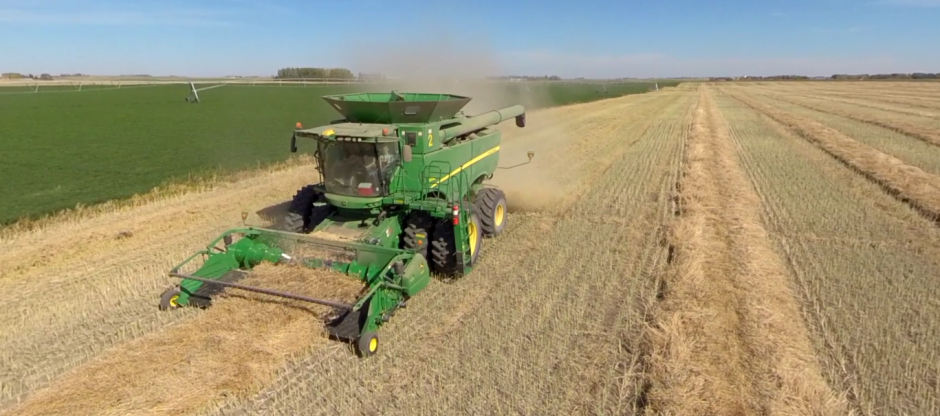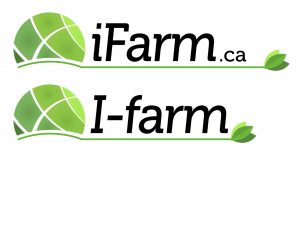The key is finding property that’s undervalued because it’s underdeveloped. Realtors can be helpful: they know what’s formally and informally for sale, they can give you comparables for the area, and they can provide insight into potential obstacles, such as access issues.
Another popular resource for finding investment opportunities is the tax sale, a public auction that’s held on behalf of a municipality to collect property tax that’s gone into arrears. Since the current owners haven’t paid their taxes, the city will sell off their land, in “as-is” condition, to the highest bidder. While spectacular deals are possible—Sean Ellis’s Halton Hills purchase was a tax sale—there’s also a lot of risk involved with this type of investment.
“Tax sales are a bit like playing the lottery,” says Rabinovitch. “Most are dogs: back lots, or lots with complicated access issues, or land that’s so far north it will take decades to appreciate in value.”
Before making a bid, be sure to inspect the property to determine if there is year-round access by road. This is vital if you plan on financing the purchase, as most lenders won’t touch property that has only seasonal access. “If the land or cottage doesn’t have year-round access we simply cannot finance the purchase, because the risk of not being able to resell can be quite high,” says mortgage specialist McMullen.
If there is year-round access then you’ll want to consider one of two mortgage options: a “completion mortgage” means your builder covers the entire cost until the build is complete and you get funding at the end of the project. The more common option is a “draw mortgage” which provides your builder with financing throughout the build. Keep in mind that both mortgages are only amortized over a 25-year period and that you’re limited to a variable rate. “Borrowers with great credit will typically pay prime plus 1.25%. Those with low credit scores will start at prime plus 2%,” says McMullen.
Once your financing is secure, you’ll want to fork out between $100 and $300 for a basic title search (sometimes known as a sub-search). This will show you who owns the land, when it was bought, any liens or attachments registered against the property (such as mortgages), and any easements placed upon the property.
“You really only need to worry about federal liens,” explains Oberman. While all other debts are eventually wiped out once a tax sale is processed, federal liens remain on title until paid off, or the provincial government negotiates a settlement with the feds.
Still, the benefits of developing land for investment purposes are simple and straightforward: the cost to purchase raw land is significantly lower than purchasing property. And even if you sit on the land, untouched for years, your holding costs are relatively small.
Whichever strategy you decide to pursue—be it snapping up farmland with potential, investing in urban infills, or developing underused land yourself—keep in mind that while it can pay off handsomely, it’s not usually a get-rich-quick scheme. Just ask Ann Schmidt. She began the process of rezoning her farmland property for development more than 10 years ago, and she’s still a few years away from seeing that investment pay off. “It’s a tedious, tough process that can make or break you,” she says. Worth it though. When she finalizes the deal, she’ll clear more than $1 million in profit after covering her costs. Looks like she’s going to get her dream home after all.


